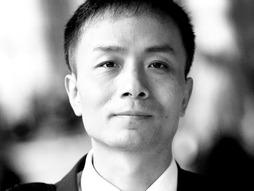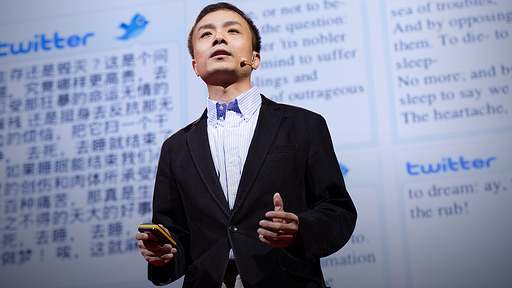Michael Anti (Zhao Jing), a key figure in China's new journalism, explores the growing power of the Chinese internet.
Why you should listen
One morning in 2011, Michael Anti woke up to find himself a nonperson: His Facebook profile, with 1,000+ contacts, had been suspended. Anti, whose given name is Zhao Jing, ran up against Facebook's real-name policy--but he points out that for Chinese bloggers and information activists, the pseudonym is an important protection for the free exchange of information.
Facebook itself is blocked in China (along with Twitter and YouTube), but the country boasts some 500 million netizens--including 200 million microbloggers on sites like Sina Weibo, a freewheeling though monitored platform for text and photo updates that offers, perhaps for the first time, a space for public debate in China. It's not a western-style space, Anti clarifies, but for China it is revolutionary: It's the first national public sphere. Microblogs' role became clear in the wake of the high-speed train crash in Wenzhou in 2011, when Weibo became a locus of activism and complaint--and a backchannel that refuted official reports and has continued to play a key role in more recent events.
What others say
“Sina [Weibo], like all domestic companies, is required to censor content on its site, but the train crash has proved too big for them to censor.” — TechInAsia.com

